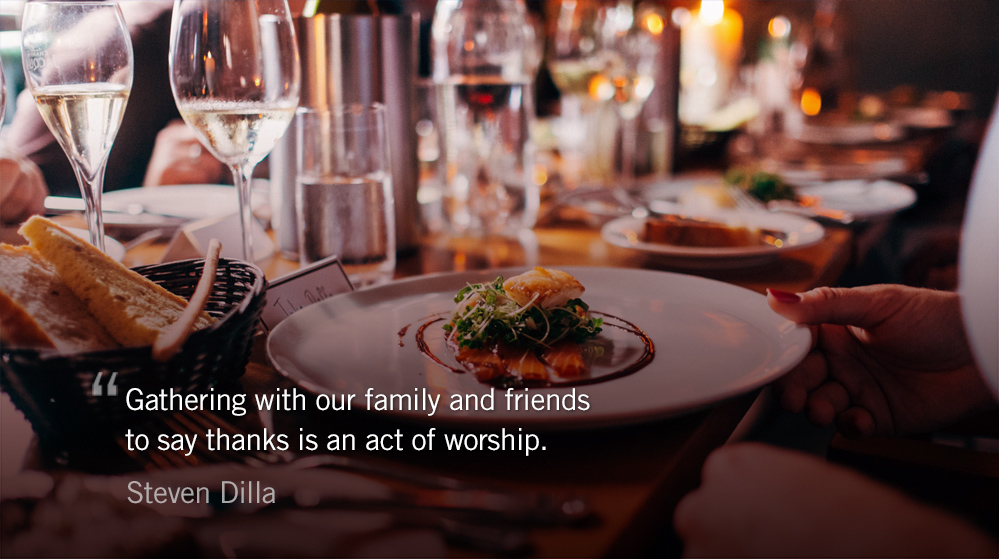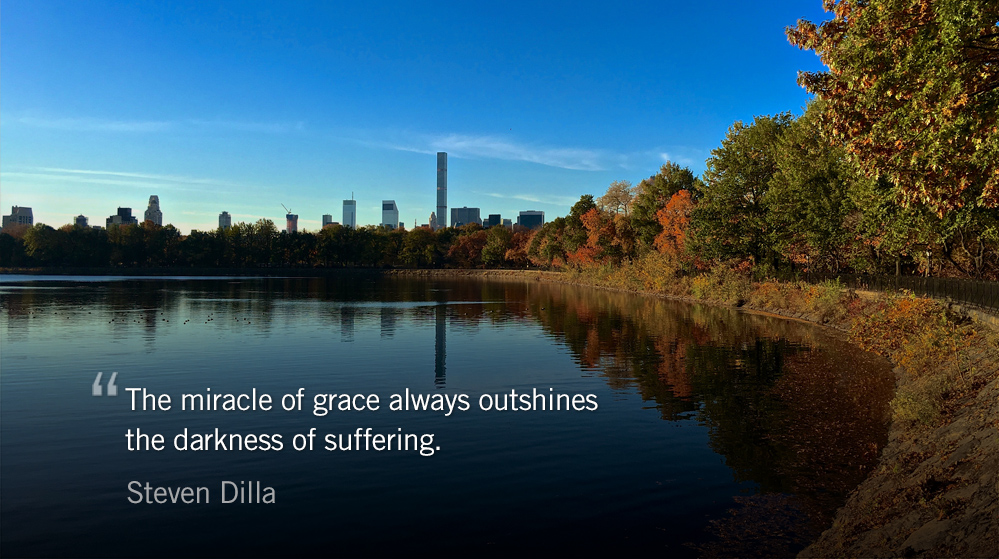1. He is good. Believers should praise God for what he is in himself. When a sinner is brought to Christ, he is brought to the Father. Jesus gave himself for us, “that he might bring us to God.” Oh! what a sight breaks in upon the soul, the infinite, eternal, unchangeable God!Praise him for his pure, lovely holiness, that cannot bear any sin in his sight. Cry, like the angels, “Holy, holy, holy, Lord God Almighty.” Praise him for his infinite wisdom, that he knows the end from the beginning. In him are hid all the treasures of wisdom and knowledge. Praise him for his power, that all matter, all mind, is in his hand. The heart of the king, the heart of saint and sinner, are all in his hand. Hallelujah! for the Lord God Omnipotent reigns. Praise him for his love; for God is love2. For his mercy, for what he has done for us. “Bless the Lord, O my soul!” Praise him, O my people! for he is good; for his mercy endures for ever. You were in the burning; the pains of hell were actually getting hold on you. You had a hell in your own hearts; but the Lord snatched you from the burning. Will you not praise him?Dear children of God, unite your praises. Let your hearts no more be divided. Join in one cry: “Worthy is the Lamb that was slain; thou art worthy to open the book; thou art worthy to reign in our hearts.” And, oh! be fervent in praise. Lift up your voices in it; lift up your hearts in it.
Today’s Reading
1 Chronicles 21 (Listen – 5:03)
1 Peter 2 (Listen – 3:48)








